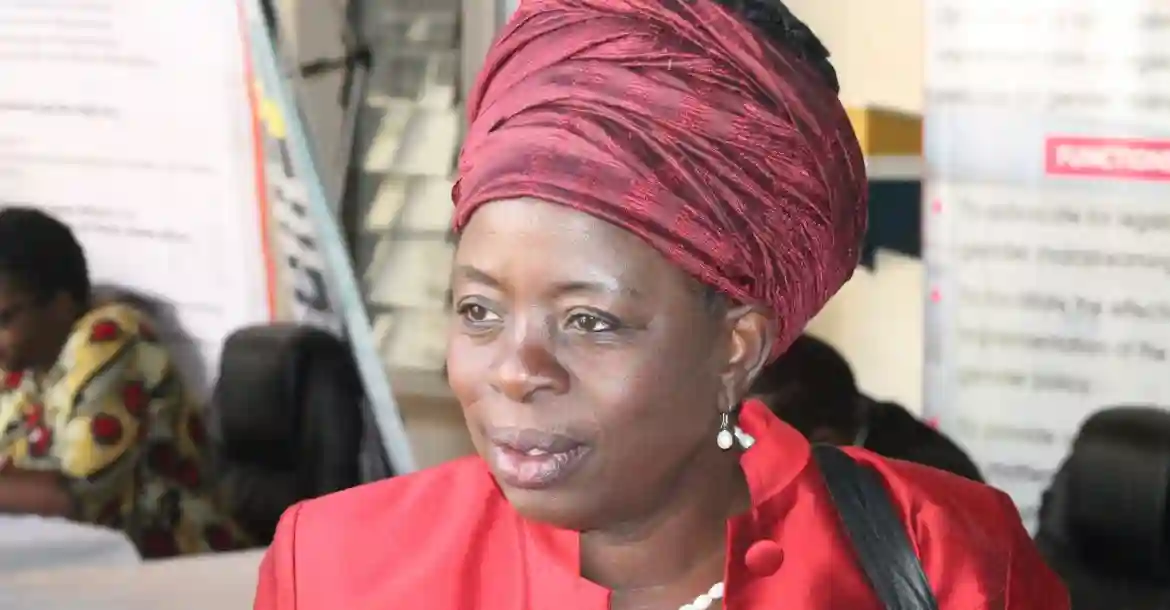The Minister of Industry and Commerce Sekai Nzenza said that the government has put in place measures to ensure sufficient fertiliser for the 2022-2023 summer cropping season.
Currently, there is a global shortage of fertiliser caused by Russia’s ongoing war in Ukraine.
Speaking in an interview with The Sunday Mail, Nzenza said the government will provide foreign currency to producers to import raw materials for fertiliser production. Said Nzenza:
Local fertiliser producers in Zimbabwe have a production capacity of about 1.7 million tonnes per annum of NPK basal and top-dressing fertiliser.
In relation to NPK basal fertiliser, the requirement is 400 000 tonnes and for top-dressing, it’s 380 000 tonnes to ensure the availability of fertiliser for the forthcoming season.
The aforementioned figures are a clear indicator that the nation is prepared for the forthcoming season.
… focus is on capacitating manufacturers in order to ensure increased production.
Some members of the Zimbabwe Fertiliser Manufacturers Association (ZFMA) have invested in fertiliser granulation equipment, and this move is very likely to witness growth in affordable local phosphates in both granulated NPK basal fertilisers and NPK blends.
The plant is expected to be running in the fourth quarter of 2022 with a capacity of 120 000 tonnes per annum.
A similar plant with a capacity of 300 000 tonnes per annum is expected to be functional in the first quarter of 2023 and will guarantee a full supply of local NPK basal raw materials.
Zimbabwe Commercial Farmers Union (ZCFU) president Shadreck Makombe welcomed the development but bemoaned current fertiliser prices which he said are too high. He said:
Given the promises made by Government, we are anticipating that there will be no shortages this year.
However, prices are a bit exorbitant, so we encourage fertiliser suppliers to reduce their prices so that farmers are able to go about planting with no problems.

